The Innovators: Stax Artist Spotlights
The Dramatics
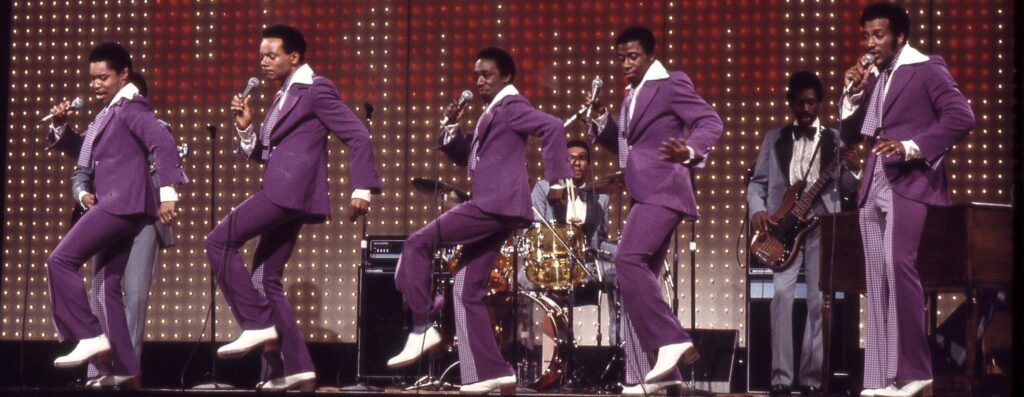
Living up to their name, The Dramatics’ journey to success took a long and winding route. However, the payoff for staying the course resulted in spectacular and long-lasting appeal as one of soul music’s enduring acts, outlasting turmoil within the group’s ranks, several label changes, and repeated lineup tweaks to prevail as a prominent fixture in music.
Formed at John J. Pershing High School in 1964 and initially dubbed The Sensations, the group’s founding members were students Larry Reed, Rob Davis, Elbert “Vamp” Wilkins, Larry “Squirrel” Demps, and Ron Banks. They’d soon adopt the name The Dramatics after recruiting Robert Ellington to join.
Detroit-based songwriters Albert Hamilton (also known as Al Kent) and Richard Morris took an early interest in the group, connecting them with Ed Wingate. Wingate signed the group briefly to his Wingate Records. In 1965, the group released their first single for the label “Bingo,” backed with “Somewhere.” However, due to a snafu, many early releases of the single erroneously credit the group as “The Dynamics.” A subsequent run of the single corrects the misprinted group name. In 1966, The Dramatics released a follow-up single, “Inky Dinky Wang Dang Do,” backed with “Baby I Need You,” for the Wingate. Soon, their relationship with the company would come to an abrupt end, coinciding with Berry Gordy’s acquisition of the label, absorbing its operations into his Motown Records empire.
The group landed on Detroit’s Sport Records, releasing “All Because of You” and “If You Haven’t Got Love” in 1967. The single peaked at no. 43 on the R&B chart, becoming the group’s first minor commercial success. Sport Records’ fortunes wouldn’t match the group’s potential, though, as the label would close up shop within a year.
Industry veteran Don Davis became interested in the group, funneling their talents to the Stax Records Company. Previously, he’d fostered a fruitful relationship with the Memphis-based label as a writer, arranger, and producer. Routinely, Davis worked with existing Stax acts, such as Jeanne & The Darlings, Little Milton, Carla Thomas, The Mad Lads, The Goodees, and most frequently, Johnnie Taylor. Likewise, Davis also forged a pipeline of Detroit artists, such as Darrell Banks, Roz Ryan, J.J. Barnes, and Steve Mancha, who were willing to try releasing singles through the Southern-based soul organization.
After he signed The Dramatics to his own Groovesville production company, Davis found the group a home on the Volt imprint. In 1969, they would debut on the label with a lineup that included original members Ron Banks, Elbert Wilkins, and Larry Demps, alongside new members Willie Ford and William “Wee Gee” Howard. That year, they would release their first single on their new label, “Your Love Is Strange,” backed with “Since I’ve Been In Love.”
Unfortunately, the record was an immediate dud in the marketplace, garnering very little attention and, in the process, souring Davis’ investment in The Dramatics’ future.
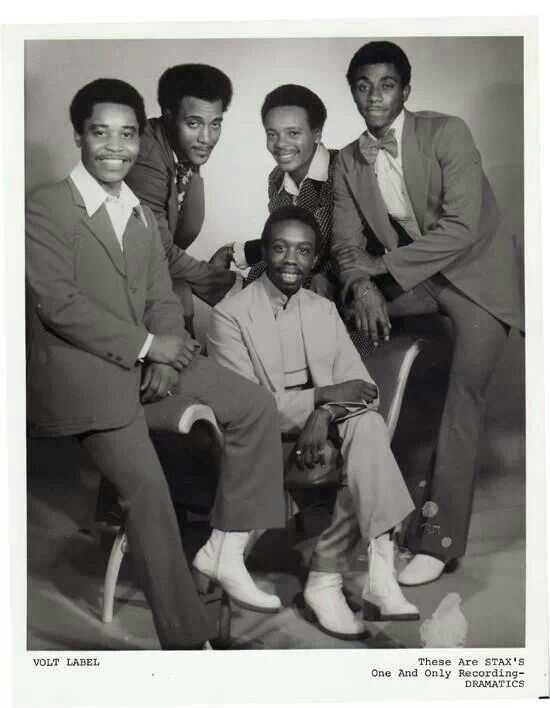 For two years, while Davis’ profile rose due to his work with Stax and other labels, The Dramatics managed to merely hang on while angling to cut through the crowded Detroit soul landscape and garner national acclaim.
For two years, while Davis’ profile rose due to his work with Stax and other labels, The Dramatics managed to merely hang on while angling to cut through the crowded Detroit soul landscape and garner national acclaim.
Songwriter Tony Hester, who at the time was working under Davis’ direction, stepped up as a catalyst to renew a partnership between Davis and The Dramatics. Sitting on a composition titled “Whatcha See Is Whatcha Get,” Hester was convinced that The Dramatics was the group that could drive the song to success.
With The Dramatics as reluctant participants in the reunion, Hester would eventually prove to be the missing piece that would turn the tide for the group, as the song would reach no. 3 on the U.S. R&B Chart and no. 9 on the Billboard Hot 100. Characterized by a danceable, funk-driven drum beat, the song incorporates infectious call-and-response lyricism showcasing a number of the group’s male vocal talents as they trade refrains interchangeably in each verse. And the group would follow its success with the ballad “In The Rain,” another Hester-penned tune that topped the R&B chart and reached no. 5 on the pop chart.
Alongside “Get Up And Get Down,” the two previous singles helped establish The Dramatics’ debut album, named for its lead single “Whatcha See Is Whatcha Get,” as a sales giant. It peaked at no. 5 on the R&B albums chart and crossed over to no. 20 on the pop chart.
Disputes within the group would shift focus away from their long-awaited popularity, as Ron Banks and “Wee Gee” Howard lobbied against one another for the definitive role of the lead singer. With Banks emerging victorious in the quarrel, Howard exited, making way for Michigan soul veteran Larry James “LJ” Reynolds.
Soon after Howard’s removal from the group, Elbert Wilkins would join him. And, in an astounding move, the two former group members started performing as The Dramatics with a new cast of accompanying male vocalists. This spin-off collective would release only one single before legal intervention prompted them to secure a separate name. The faction would settle on the suspicious moniker of “A Dramatic Experience,” the very same name chosen as the original group’s second LP.
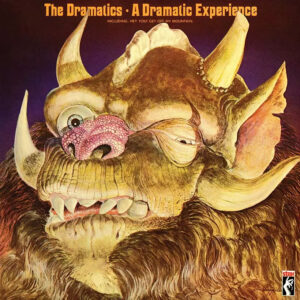 Doubling down on the drama, the original group went back into the studio to remove many of the vocals of their defected members from their sophomore LP, enlisting another Lenny Mayes to replace Elbert Wilkins. Once complete, the album hit store shelves in the fall of 1973 and would land at no. 11 on the R&B album chart. The album was led by “Hey You! Get Off My Mountain,” which extended The Dramatics’ hit-making streak, breaking into the R&B Top 20.
Doubling down on the drama, the original group went back into the studio to remove many of the vocals of their defected members from their sophomore LP, enlisting another Lenny Mayes to replace Elbert Wilkins. Once complete, the album hit store shelves in the fall of 1973 and would land at no. 11 on the R&B album chart. The album was led by “Hey You! Get Off My Mountain,” which extended The Dramatics’ hit-making streak, breaking into the R&B Top 20.
In 1974, the group released their third LP for the Stax Company, titled “Dramatically Yours.” To differentiate themselves from the second group bearing its legacy to The Dramatics, the original group began billing themselves as Ron Banks & The Dramatics.
With Stax’s business waning and a looming closure on the horizon, Don Davis took the group to Chess Records for an album that culled together talents from The Dells, an Illinois-based vocal group with a career dating back to the days of 1950s doo-wop. The supergroup released “The Dells Vs. The Dramatics” on Chess subsidiary Cadet Records in 1974 with the help of longtime songwriting collaborator Tony Hester.
The group made a permanent shift to ABC Records for their next release. And Ron Banks and LJ Reynolds slowly committed to duties outside of singing, such as songwriting, arrangement, and production.
Amid this run with ABC, and later MCA after they purchased the label, The Dramatics operated as regular fixtures on the charts, routinely earning moderate to exceptional sale returns. Arguably peaking with the platinum-selling success of the 1978 album “Do What You Wanna Do,” the group pushed through to the 1980s, undergoing various lineup changes and a brief hiatus in the early part of the decade.
Under a short-lived revival of the Volt brand name during the slick, synthesized era of the late 1980s and early 1990s, The Dramatics returned to the former imprint, releasing albums “Positive State of Mind” in 1989 and “Stone Cold” in 1990.
On his debut album, Snoop Doggy Dogg reached out to feature The Dramatics on his single “Doggy Dogg World” in 1994. In 2002, they’d collaborate again on “Ballin’,” an album track from the rap legend’s sixth studio release.
And with decades of artists sampling soul music of the past, The Dramatics’ sound continually returns to radio airplay via new artists inspired by their sound. Notable artists who’ve used The Dramatics’ music as a backdrop for their contemporary releases include Destiny’s Child, John Legend, Lloyd Banks, and various members of The Wu-Tang Clan.
The Innovators: Stax Artist Spotlights ARCHIVE
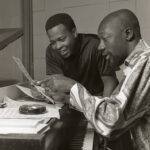
Stax Records — After 1975
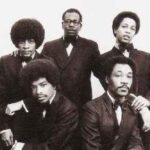
Ollie & The Nightingales
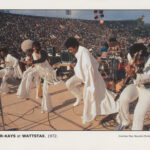
The Bar-Kays
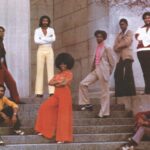
24-Carat Black

The Temprees
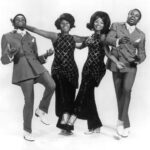
The Soul Children

The Mar-Keys

Delaney & Bonnie

Stax Groups – The Astors, Jeanne & The Darlings & the Charmels

The Mad Lads
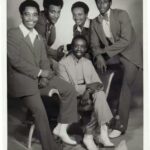
The Dramatics
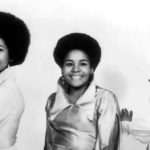
The Emotions

Johnnie Taylor
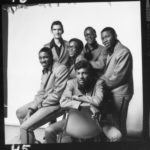
The Bar-Kays
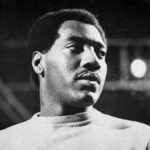
Otis Redding
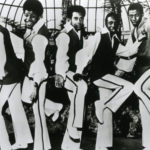
The Dramatics
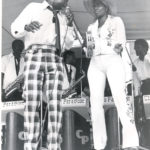
RUFUS & CARLA THOMAS
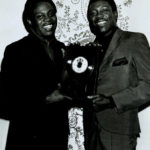
Sam & Dave

The Emotions


